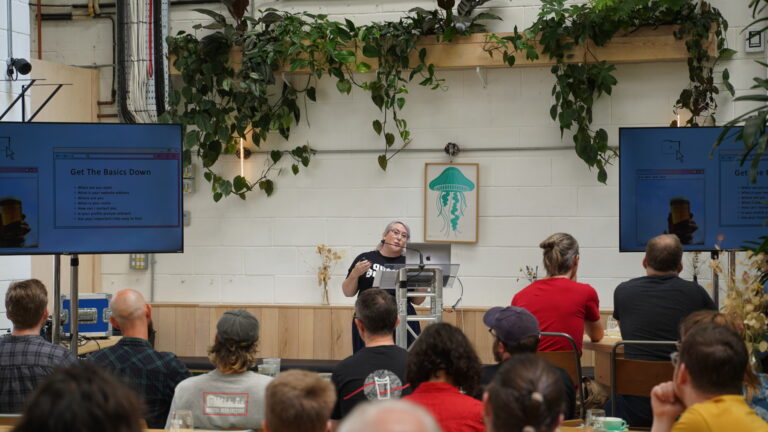The cask beer segment of the industry is in decline – that probably comes as little surprise. But is it beyond help? And where do we go from here? John Keeling, the former brewing director at Fuller’s, shares his thoughts.
That seems a little controversial. Well, that is quite a title isn’t it? I thought of it whilst looking through the latest SIBA report.
They report that SIBA members have shown an increase in cask beer sales (hurrah), but national brands and I assume they mean beers like my own beloved London Pride are down (boo).
I think they also mean that cask sales at family brewers are down, too.
In my travels up and down the country I can confirm that most family brewers who are the backbone of cask beer are indeed reporting a decline in sales. I don’t think this is a good thing.
Indeed, the report goes on to show that overall, the increase in cask brewed by SIBA members does not in any way fill the gap left by the decline in sales of the so-called national brands.
So how is this a good thing? Overall cask beer is in decline as it is every year. So, despite SIBA painting such a rosy picture – cask beer is not in very good health.
Now, some amongst you might now be saying that the old boring beers brewed by the family brewers are the beers in decline rather than the new interesting beers brewed by SIBA members.
Yes, cask beer is in decline and the reason is the old elephant in the room – that of quality.
John Keeling
If so, why hasn’t the growth in these beers reversed the decline in cask beer? Some beers are more suited to cold fizzy dispense and don’t work on cask. I will leave that there…
Indeed, cask beer sales are now less than 9% of all draught beer sales and around 4% of total beer sales.
I have said repeatedly that cask in the future will be brewed by specialist brewers for specialist pubs to be consume by beer drinking specialists.
We are probably there now. Is this a bad thing? Well I’m ok but there won’t be any more new drinkers of cask.
I also think that some pub chains don’t want to sell cask because it takes up too much valuable bar space for the profit, they make on it and costs too much in training.
If you read the comments from Justin Hawke of Moor and Duncan Sambrook of Sambrook’s you read a much more cautious note.
Yes, cask beer is in decline and the reason is the old elephant in the room – that of quality. I have long said that the worst beer you can drink in Britain is cask beer.
Cask beer that has been on serve for seven days is no good to anybody never mind what the latest new hop you use.
So how can quality be improved. Firstly training, secondly through innovation to improve shelf life and to give new beer flavours. But this will cost money.
Another problem the report mentions, and I quote: just 30 percent of 18-24-year-olds ever drink beer, falling behind wines and spirits, while 37 percent of all beer drinkers say they drink cask ale, this falls to 16 percent of 18-24-year-old beer drinkers and 45 percent of male beer drinkers drink cask, compared to 22 percent of women.
So how do we get more young people and women to drink beer. Marketing of course! But this will cost money.
To put it simply there is not enough investment in cask beer to solve its problems and nobody will invest in cask beer because of its problems. It’s a chicken and egg situation.
The only way out of this and to get the required investment is for the government to give cask a special duty rate of say 20p less than other beer.
So come on whoever forms the next government do the right thing by cask. After all it’s the Beer of Britain.








